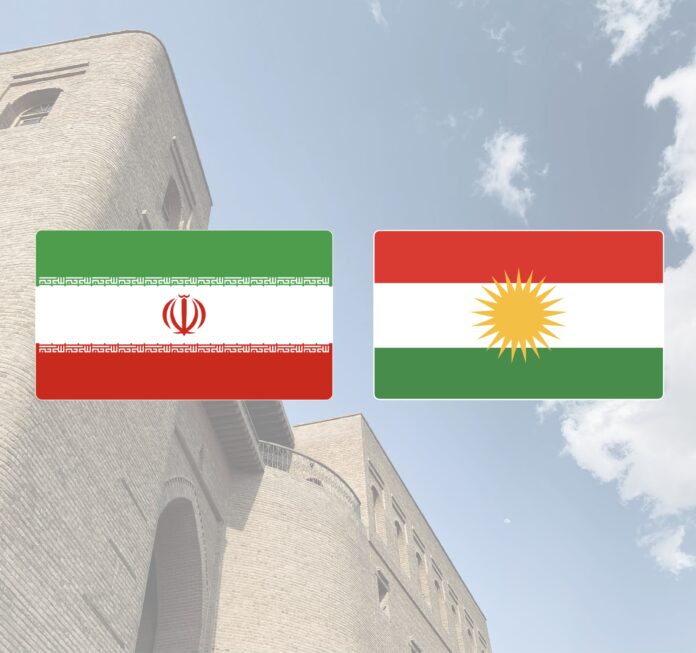Harir tomato paste factory is setting a new benchmark for food manufacturing in the Kurdistan Region. Located in the Harir district, this facility has earned widespread recognition for producing 100% natural tomato paste. It uses only local tomatoes—no additives, no preservatives, and no shortcuts.
The factory operates with a clear mission: support Kurdish farmers and offer consumers pure, high-quality products. Every tomato used comes from nearby fields. Local farmers grow them with care during the peak harvest season. As a result, the factory receives only fresh and ripe tomatoes. This approach guarantees better flavor, consistency, and nutritional value.
In fact, many consider the product one of the best in the region. Its rich taste, deep red color, and dense texture speak for themselves. Consumers across Kurdistan and Iraq trust it as a natural, reliable choice for their kitchens.
Moreover, the Harir tomato paste factory has created meaningful economic impact. It has opened new job opportunities in agriculture, logistics, and food processing. At the same time, it has strengthened relationships between farmers and producers. This cooperation improves local livelihoods while also promoting sustainable farming practices.
The factory is more than just a local success. It has expanded its reach beyond Iraq. Today, it exports natural tomato paste to countries including the United States, several European markets, and neighboring Middle Eastern nations. This achievement proves that local businesses can meet international standards when quality leads the way.
The Kurdistan Regional Government encourages projects like this. They align with long-term goals to reduce reliance on imports and diversify the economy. Food manufacturing plays a vital role in that strategy, especially when rooted in regional strengths like agriculture.
The Harir tomato paste factory continues to grow by combining tradition with modern production techniques. It proves that clean, local, and sustainable food processing is not only possible — it is also profitable. This model offers inspiration for other agricultural sectors in the Kurdistan Region.


